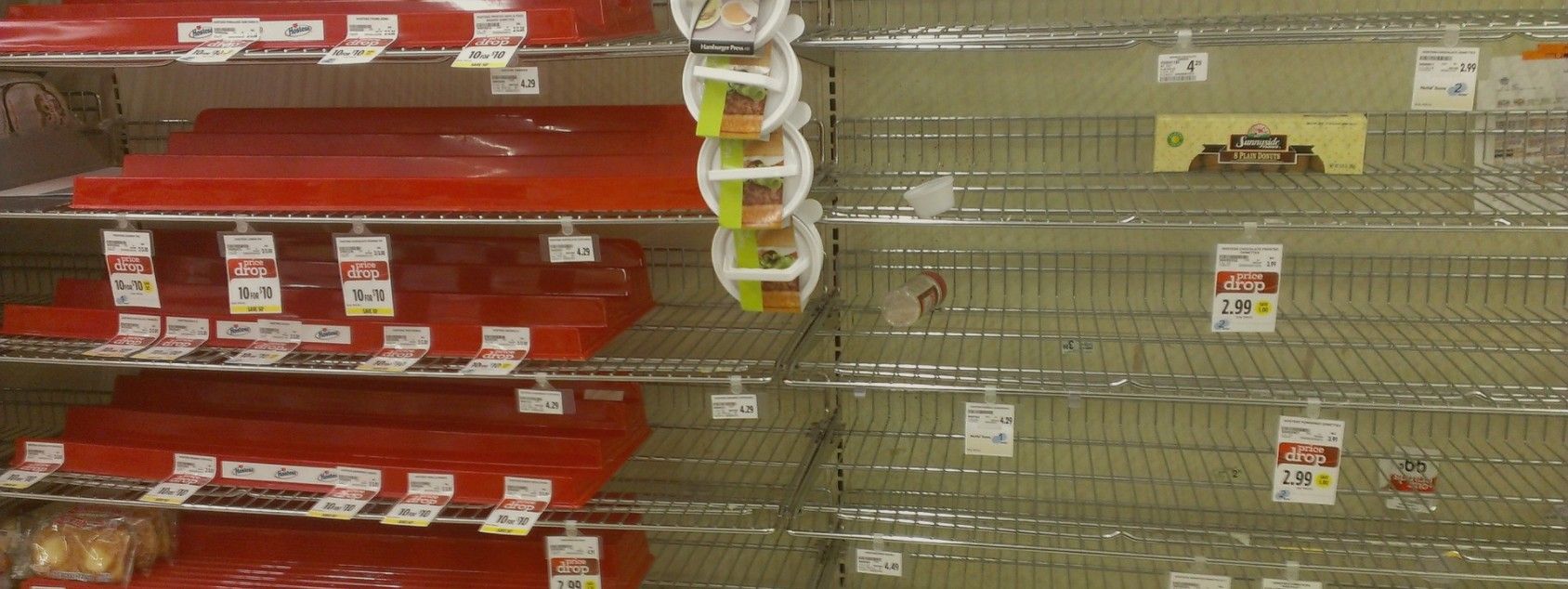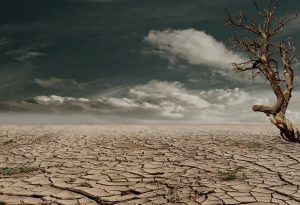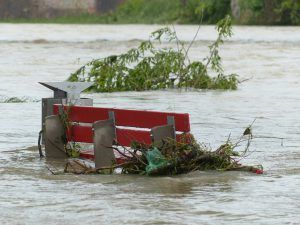A recent article by Business Insider UK got me thinking about just what a deep crisis we could find ourselves in if the issue of climate change is not addressed. Addressed through action, rather than just talking about it. Food shortages could well be a real problem in the near future. Here’s why:
- The people that produce our food from the ground are slow in adopting environmentally friendly practices
- The researchers are debating endlessly amongst themselves about which practices producers need to adopt
- The retail industry is not making enough noise in cautioning both producers and consumers about the risks of unsustainable food production
- And then there’s us, the consumers. Most of us just don’t care (could be that we lack information or just really don’t care), others complain about the price of sustainably produced food and then, the few that do care have little or no support from governments and/or organisations with real influence.
The truth is, we have been caught in a vicious circle and no one wants to concede. In isiZulu, there is a saying “Omunye ukhomba omunywe esweni, omunye uvikela iso lakhe” loosely translated it means, one points fingers at everybody else but themselves. Climate change is not fiction; it threatens the way food gets produced around the globe. The Global Sustainability Institute estimated that by 2040, food prices will be 4 times higher than they were in 2000. As consumers, we need to start to understand, what is the impact of climate change on our planet? Think about it, after all, we only have one chance with it.Click here to add your own text
Drought is bad for the soil, it cuts back on the food produced
Floods decrease the amount of land available for farming
A warming planet leads to less food. According to the 2014 report of the IPPC, every decade of warming decreases the amount of food the world can produce by 2% or 4 million tons of food. This is due to the fact that global warming, one of the results of climate change, induces drought. Droughts cut back on the food produced. Remember, anything that grows on soil needs water to grow. No water means no growth. On the other hand, floods, another result of climate change, decrease the amount of land available for farming. Flooded lands are difficult to work or plant on and they also increase the global warming effect through the release of greenhouse gases like nitrous oxides that get released when the soil is flooded with water.
In addition, more frequent extreme weather events make it harder to have a reliable crop yield. These events (hurricanes, tornadoes, hail storms etc.) all cause damage to lands that otherwise contain crops. An increasing amount of these weather events- a result of climate change – makes it harder to rely on a steady supply of food, thus driving up prices on all that remains. With the mass of information and debate surrounding climate change, it can sometimes seem like an intangible issue for consumers with many not really understanding or having an interest in how it may affect their everyday lives. I think that since supermarkets have a direct connection to consumers, they should do their part to educate the consumer and help them understand why this issue is important and how it will affect their weekly shopping.
Climate change is not a one-man fight. It needs to be fought by all of us in order to see significant change. The farmer can play his part by implementing practices that reduce the emission of greenhouse gases like carbon dioxide and methane. Consumers can start supporting such farmers by buying their products, thereby placing a demand on responsibly produced food. They can also, themselves, implement small changes in their daily lives that will lessen their emissions.
- The management of soils with excessive sodium and magnesium levels - 2023-06-12
- Understanding evapotranspiration better - 2021-10-18
- Soil fungi connections - 2021-09-28



